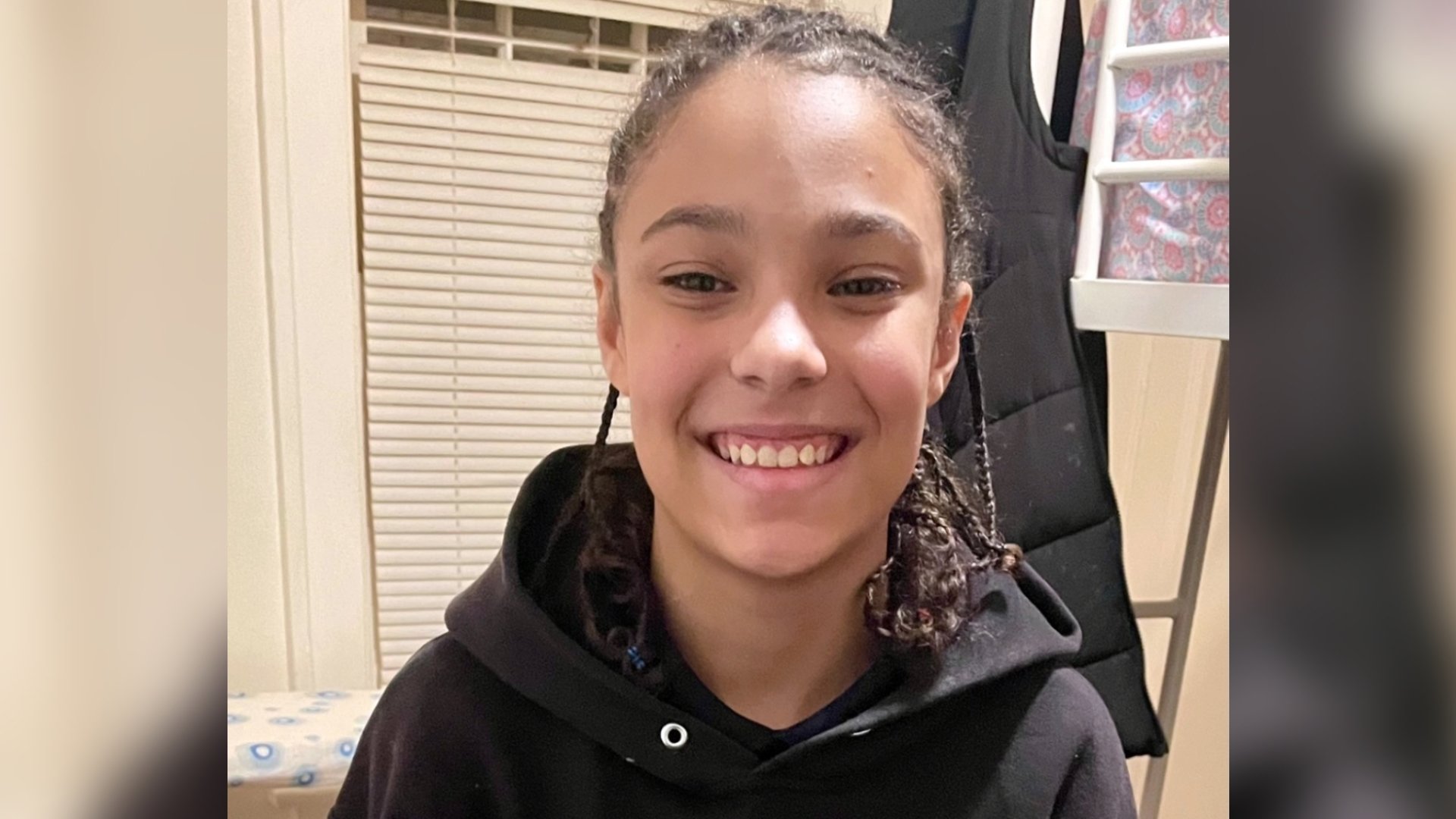TOLEDO – The brutal murder of 13-year-old Kei’Mani Latigue has left this Ohio community reeling, but a police officer’s public statements may have complicated the investigation into her death.
Kei’Mani was last seen alive on the night of March 16, according to family members.
After she was reported missing, volunteers scoured the area in hopes of finding her. Those hopes were shattered on March 25, when her body was discovered on the second floor of a burned-out, abandoned house on Miami Street in Toledo. The Lucas County Coroner’s Office later determined she died from multiple “incised wounds of the neck,” ruling her death a homicide.
The case took a turn when Kei’Mani’s father, Darnell Jones, 33, was charged with abduction just hours before the discovery. Following the confirmation of her death, that charge was upgraded to murder. Jones had previously joined family members in expressing concern when Kei’Mani was still missing, claiming he last heard from her late on March 16.
Amid the unfolding tragedy, Columbus Police Officer Brian Steel spoke to Toledo’s ABC and The CW affiliate WTVG, calling the crime “one of the most horrific cases” he’d ever heard of. “This was a teen who was murdered, raped, had her hands cut off and her throat almost cut off,” Steel said. “This is an absolute animal that came into our town.”
While the violence described is undoubtedly chilling, Steel’s decision to share such graphic details sparked immediate backlash from Toledo Police Chief Michael Troendle.
In an interview with WTVG, Troendle called the officer’s remarks “unprofessional” and out of line. “I was very taken aback by those comments,” he said. “There’s a lot of things that he was running his mouth about that he had no business talking about.”
Troendle emphasized that releasing specific details—whether accurate or not—could jeopardize the investigation.
“Those are details that we would never release,” he told the outlet, adding that he would neither confirm nor deny Steel’s account.
The chief warned that such statements risked tainting witness recollections, influencing potential jurors, or even tipping off the suspect to evidence the police were pursuing.
Law enforcement experts agree that premature disclosure of case details can have serious consequences. Graphic or speculative comments aired publicly might compromise the integrity of witness testimony by planting preconceived notions about the crime.
Additionally, if a suspect remains at large—or if accomplices are involved—such leaks could provide them with insight into the investigation’s progress, allowing them to alter their behavior or destroy evidence.
In this case, with Darnell Jones already in custody, the damage may be more about the legal process ahead. Toledo police have remained tight-lipped about a possible motive or additional evidence, leaving many questions unanswered. However, Troendle’s rebuke suggests that Steel’s statements, if inaccurate or exaggerated, could also undermine public trust in the investigation.
